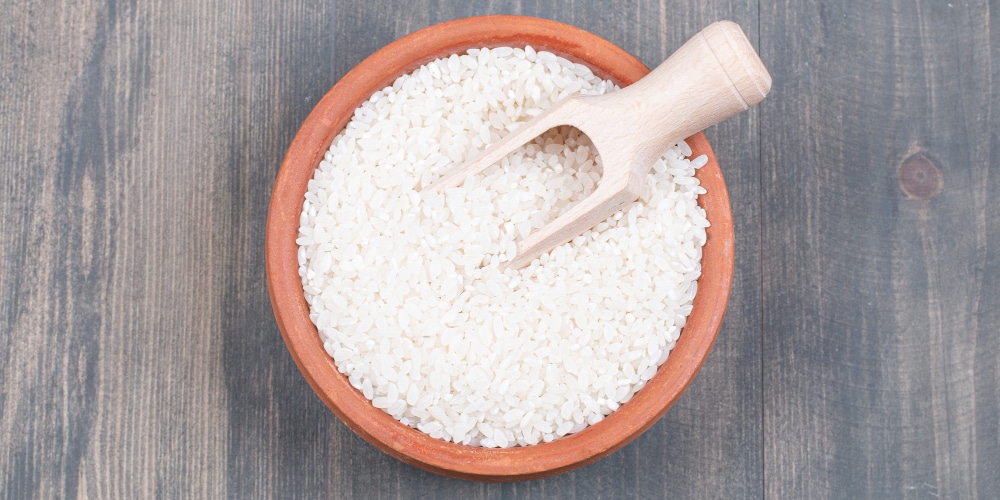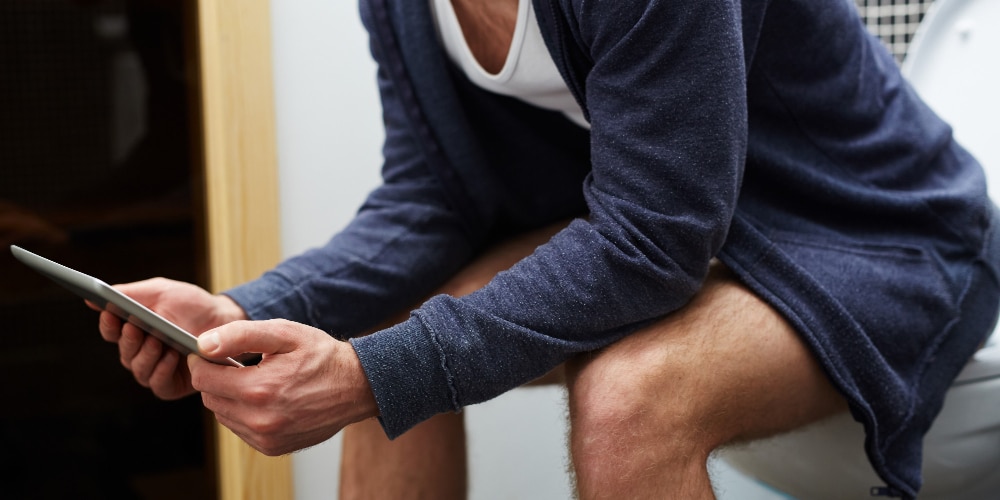Fact Check: Does your body only repair itself during sleep between 11 PM and 4 AM?
A viral claim says your body misses out on healing if you sleep after 11 PM, but is that really true?
Author
Author
- admin / 6 months

- 0
- 3 min read

Author
Claim: Optimal time for sleep is 11 PM to 4 AM as that is the time for body repair
Fact: False. Every person’s body has its own circadian rhythm and the body repairs itself at all times when a person sleeps, not just during a specified time.
First Check came across a reel by Youtuber Raj Shamani in which Dr Irani Ali, the former physiotherapist of the Indian cricket team, tells him that the best time for the repair itself is “between 11 PM to 4 AM”.
“You can’t say I will sleep at 12 instead of 11 and wake up at 8 instead of 4. You have already lost a valuable hour of repair from 11 to 12. For your body, sleep is very important,” Dr Irani can be heard saying..
“I’ve been telling people that if you sleep for 6 hours, make it 7 hours. Increase sleep by one hour. Increasing sleep is important, as sleep contributes to repairing body.”
What’s the truth?
Although the point of the video is to encourage people to pursue better sleep habits, the relationship between sleep and repair of the body is not as simple as Dr Ali has stated.
According to the National Heart, Lung, and Blood Institute, the human body follows a 24-hour rhythm.
“Your body has several internal clocks, called circadian clocks . These typically follow a 24-hour repeating rhythm, called the circadian rhythm. This rhythm affects every cell, tissue, and organ in your body and how they work,” says the institute in an article.
“Most people’s natural circadian cycle is slightly greater than 24 hours. Some people naturally wake up early and some naturally stay up late. For example, it is natural for many teens to prefer later bedtimes and to sleep later in the morning than adults,” the article adds.
Similarly, another article published in National Library of Medicine explains that the mechanism through which sleep is generated and maintained is more of a balance between “the homeostatic processes, which are functionally the body’s “need for sleep” center, and the circadian rhythm which is an internal clock for the sleep-wake cycle.”
“It is clear that sleep plays a role in the development of the brain in infants and children and explains why infants must sleep upwards of 14 hours per day,” the article notes.
In other words, getting enough sleep and keeping a regular schedule matters more than hitting specific hours on the clock.
Nowhere is it mentioned that the repair of the body only happens during a certain time period. Therefore, the claim that one can “lose” a valuable hour of repair if one sleeps at midnight instead of 11 p.m. is not supported by studies.
Also read: Prolonged delay in REM sleep may signal higher risk of Alzheimer’s: Study
(Do you have a health-related claim that you would like us to fact-check? Send it to us, and we will fact-check it for you! You can send it on WhatsApp at +91-9311223141, mail us at hello@firstcheck.in, or click here to submit it online)









